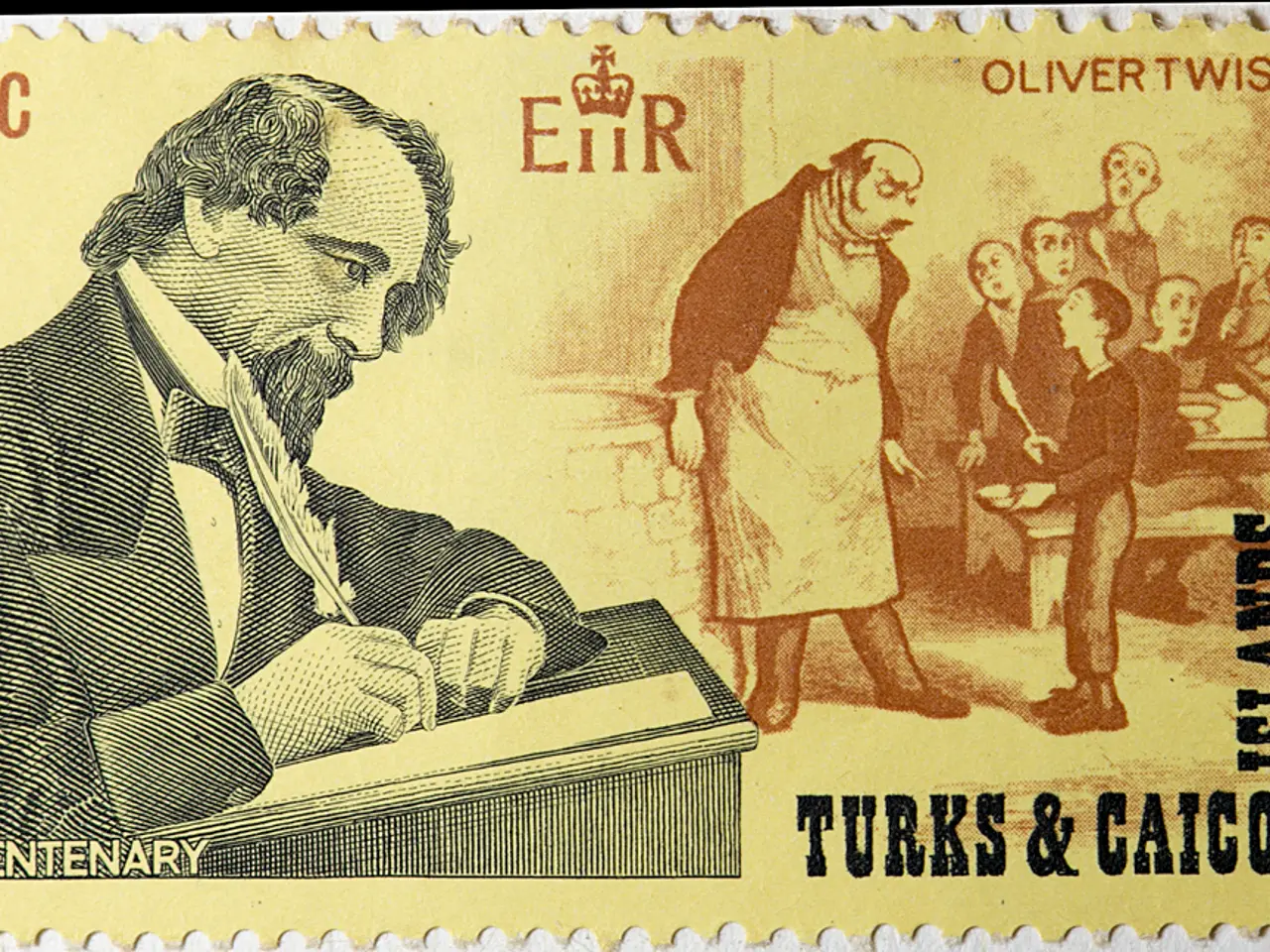Homebuying market faced a challenge as tax reform caused 25% of potential buyers to withdraw due to increased stamp duty costs
The UK government's upcoming stamp duty reforms, set to take effect from April 1, 2025, are expected to have significant implications for first-time homebuyers and the broader housing market.
For first-time buyers, the most notable change is a lowering of the stamp duty threshold from the current £625,000 to £300,000. This means that first-time buyers will pay no stamp duty on the first £300,000 of the property price, followed by a 5% rate on the portion between £300,001 and £500,000. Properties above £500,000 will no longer qualify for the first-time buyer relief, representing a tightening compared to the previous relief which allowed no stamp duty on the first £425,000 and a 5% rate up to £625,000. As a result, first-time buyers purchasing properties over £300,000 face higher stamp duty liabilities, which may add to their financial burden amid challenging market conditions.
The reform is likely to cause a surge in property transactions before the April 2025 deadline, as buyers rush to complete purchases under the more generous current relief. However, a potential six-month slump in transactions is predicted as the market adjusts to the higher stamp duty costs and the removal of some reliefs. House prices are expected to continue modest growth in 2025, which combined with the stamp duty changes and relatively high mortgage rates, may increase affordability pressures on buyers, particularly first-timers.
Industry experts, such as David Hannah, Group Chairman of Cornerstone Tax, have expressed concern about the impact of these changes on the housing market. Hannah warns that these reforms could derail the housing market and that the government should focus on affordability instead of implementing reforms that make it harder to buy a home. He also highlights that the abolition of Multiple Dwellings Relief (MDR) will reduce investment in housing development and drive up prices.
Mortgage brokers have reported an increase in buyers pulling out of deals due to fears of missing the cutoff, and it is estimated that 25,000 first-time buyers and 74,000 home movers currently in the process of purchasing a home may struggle to complete their transactions before the deadline. Furthermore, 61% of those looking at buying a house have never considered whether they overpaid or if a mistake was made in their calculations regarding stamp duty.
The government's decision to remove key tax incentives, such as MDR, is not only discouraging first-time buyers but also undermining the build-to-rent sector. Stamp duty bills for first-time buyers who benefitted from the pandemic-era stamp duty holiday could surge by up to £6,205.
David Hannah urges the government to reconsider these tax changes and prioritise policies that promote affordability and accessibility in the housing market. He warns that if the stamp duty reforms are not reversed, the UK's housing market will face continued chaos for years to come. The reforms could shatter homeownership dreams for thousands of aspiring buyers, and 14% of Brits have had to take out short-term loans or emergency credit to cover unexpected stamp duty bills.
In conclusion, while the reform aims to raise thresholds and adjust reliefs, the net effect for first-time buyers is likely increased costs on typical property prices, potentially dampening affordability. The housing market may see transactional volatility with a temporary rush before the changes, followed by subdued activity. This context reinforces challenges for first-time buyers amid evolving tax rules and economic factors. The government must listen to property firms and stakeholders before this crisis escalates.
- The upcoming stamp duty reforms in the UK, effective from April 1, 2025, are predicted to significantly impact first-time homebuyers and the broader housing market.
- For first-time buyers, the stamp duty threshold will decrease from the current £625,000 to £300,000, resulting in higher costs for properties over £300,000.
- Industry experts, like David Hannah, Group Chairman of Cornerstone Tax, have expressed concerns about the impact of these reforms on the housing market, warning that they could derail it and that the government should focus on affordability instead of making buying a home more difficult.
- Mortgage brokers have reported an increase in buyers pulling out of deals due to fears of missing the deadline, and it's estimated that thousands of first-time buyers and home movers may struggle to complete their transactions before the April 2025 deadline.
- The government's removal of key tax incentives, such as Multiple Dwellings Relief (MDR), is not only discouraging first-time buyers but also undermining the build-to-rent sector, potentially leading to increased costs for first-time buyers who benefitted from the pandemic-era stamp duty holiday.




